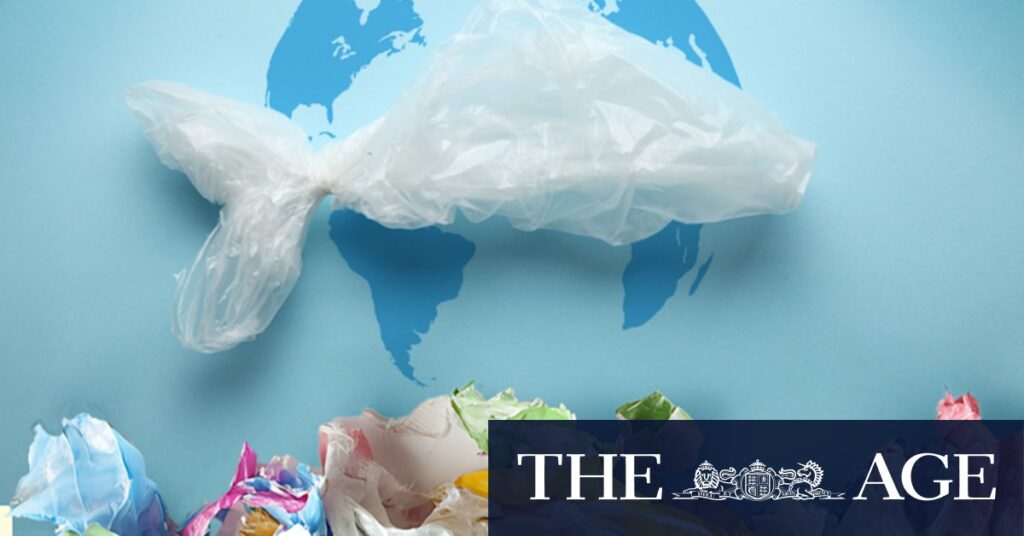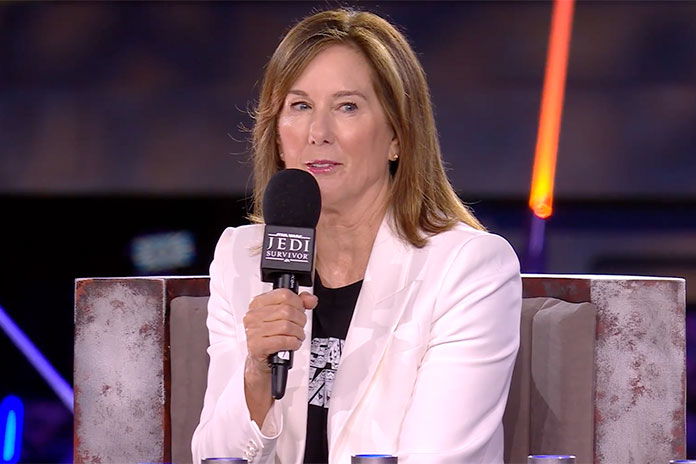
Professor Sarah Dunlop, a leading expert at the Minderoo Foundation, is haunted by a troubling thought: every piece of plastic ever made will eventually break down into smaller fragments, infiltrating ecosystems worldwide. This concern is echoed by many in the scientific community as international efforts to curb plastic production face significant hurdles. Recent global negotiations in Geneva, aimed at establishing a legally binding treaty to limit plastic production, ended without consensus, leaving environmental advocates like negotiator Kate Lynch from Australia “very disappointed.” Lynch emphasized the disproportionate impact of plastic pollution on regions like the Pacific.
The failure to reach an agreement highlights the growing recognition that recycling alone cannot solve the plastic crisis. As plastic ages, it degrades into microplastics and even smaller nanoplastics, which are increasingly found in the air, water, and food. Dunlop warns, “Plastic is toxic, whether it’s virgin or recycled,” noting that these materials act like “mini-Trojan horses” carrying harmful chemicals into human bodies. The Australian Packaging Covenant Organisation (APCO) reports that Australians used 1.26 million tonnes of plastic packaging in 2022-23, equating to 47 kg per person.
The Environmental Impact of Plastic Packaging
Plastic packaging, largely made from virgin fossil fuels, is a significant contributor to the climate crisis. Over 90% of soft plastics used in Australia are derived from these non-renewable resources. Major petrochemical companies, including ExxonMobil and Sinopec, have substantial investments in the production of single-use plastics. In 2021, ExxonMobil alone produced 11.2 million metric tonnes of polymer plastics, resulting in approximately 5.9 million metric tonnes of waste.
China’s role in this issue is also significant, with the country producing an estimated 80 million metric tonnes of plastic in 2021. The United Nations reports that globally, around 400 million metric tonnes of plastic waste are generated each year. This not only creates a pollution nightmare but also exacerbates climate change. According to the Minderoo Foundation and Wood Mackenzie, the greenhouse gas emissions from single-use plastics in 2021 were equivalent to the total emissions of the United Kingdom.
Plastic Pollution: A Growing Threat to Marine Life
Research by the CSIRO and the University of Toronto estimates that 11 million tonnes of plastic currently reside on ocean floors worldwide. If current trends continue, plastic pollution is expected to double by 2040, with the rate of plastics entering the oceans tripling. Within 30 years, the mass of plastic in the oceans could surpass that of fish. The APCO states that only 19% of plastic packaging was recovered in 2022-23, and the Environment Department reports that a mere 13% of single-use plastics are recycled.
“As responsible citizens trying desperately to look after our common home, the planet, we must always think: where does something come from, and where does it go? It comes from fossil fuel, and it goes to waste,” says Dunlop. “Because at the moment, we are wedded to the convenience. It’s this death by a thousand conveniences.”
Calls for a Global Treaty on Plastic Pollution
The Minderoo Foundation argues that only internationally binding agreements, akin to a “Paris Agreement for plastic pollution,” can effectively address the crisis. The urgency of such measures is underscored by the increasing consumption of plastics and their pervasive presence in the environment. Environmentalists and policy-makers alike stress the need for a coordinated global response to stem this toxic tide.
As the world grapples with the environmental and health implications of plastic pollution, the call for action grows louder. The next steps involve not only revisiting international negotiations but also implementing local and national policies that reduce plastic dependency and promote sustainable alternatives. The path forward requires a collective effort to rethink our relationship with plastic and prioritize the health of our planet.







